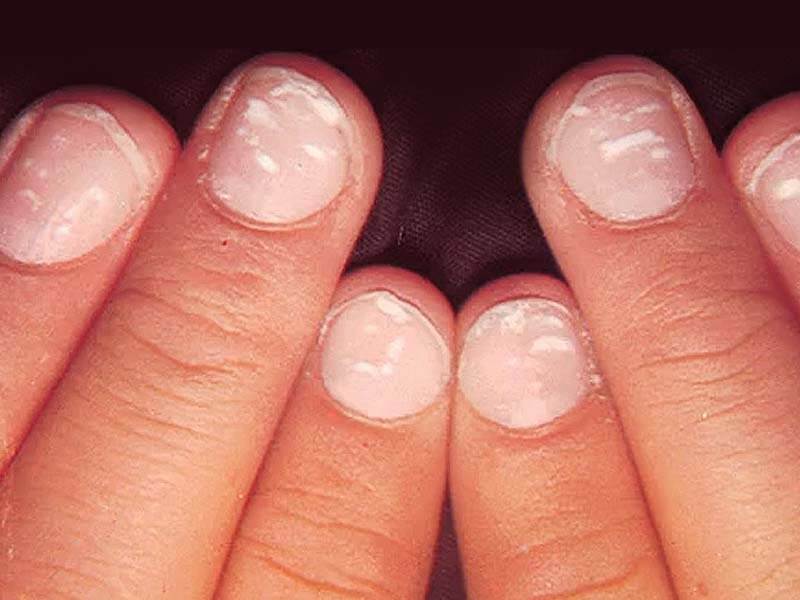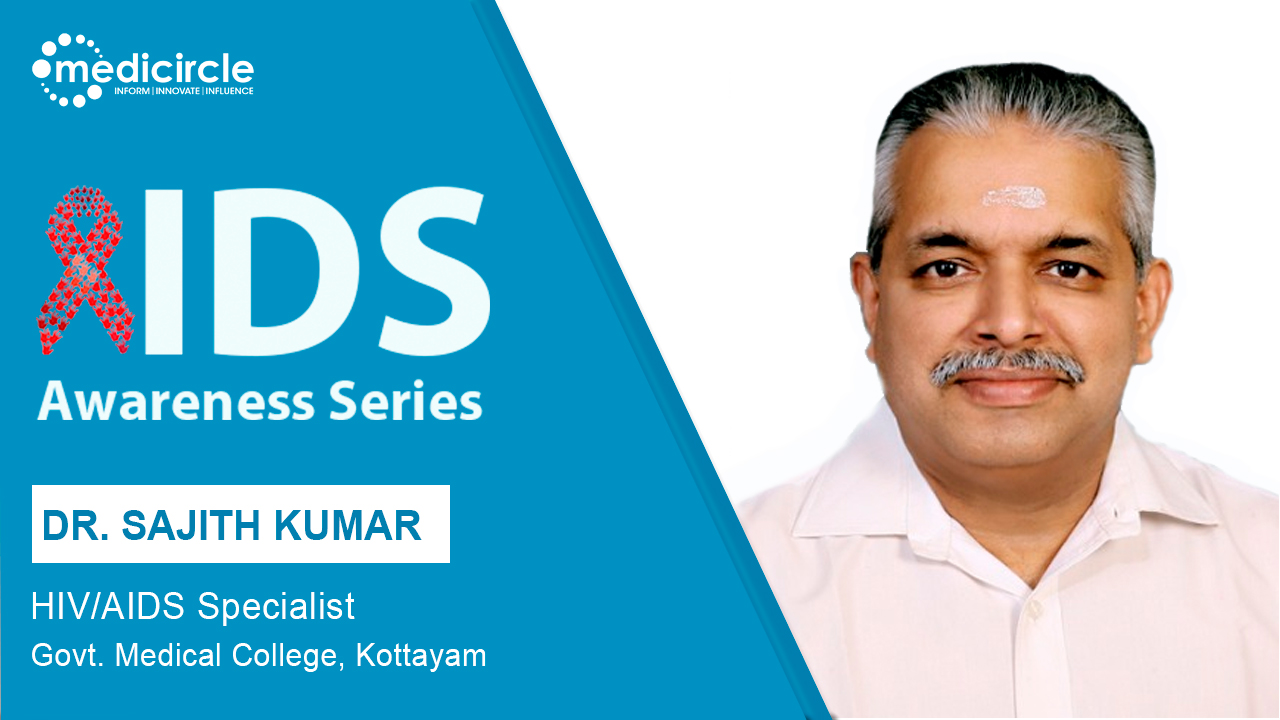Calcium is an important mineral needed by the body to build strong bones and teeth. It is also required for the proper functioning of the heart and other muscles of the body. Calcium deficiency can increase your risk of osteoporosis, osteopenia and hypocalcemia. People who do not get enough calcium as kids, do not grow to their full potential height as adults. The recommended amount of calcium per day can be obtained from the food, supplements and vitamins.
Some common reasons for calcium deficiency in the body
Not enough intake of calcium for a long period of time, especially during the childhood Some medications can decrease the absorption of calcium Dietary intolerance to calcium-rich foods Hormonal changes in women Certain genetic factorsSymptoms of calcium deficiency
Muscle problems - People with calcium deficiency may experience muscle aches, cramps and spasms. These people can also suffer from pain in the thighs and arms while walking or moving. Numbness and tingling in the hands, arms, feet, legs and around the mouth can also happen.
Nail and skin problems - Calcium deficiency for the long term can lead to dry skin, dry and brittle nails, coarse hair, eczema, skin inflammation, skin itchiness and psoriasis.
Bone problems - Calcium deficiency over time can lead to osteopenia, a reduction of mineral density in the bones, which can lead to osteoporosis, leading the bones to thin and becoming vulnerable to fractures.
Dental problems - When the body has low levels of calcium, it pulls it down from teeth. This can lead to dental problems like tooth decay, brittle teeth, irritated gums and weak tooth roots.
Extreme fatigue - Low levels of calcium can lead to extreme fatigue and make you feel sluggish all the time. It can also lead to insomnia. Fatigue due to calcium deficiency can lead to lightheadedness, dizziness and brain fog, which can also lead to lack of focus, forgetfulness and confusion.

 Calcium deficiency may hinder the growth and development of kids. Hence it become important to consume the recommended amount of calcium from food, supplements and calcium
Calcium deficiency may hinder the growth and development of kids. Hence it become important to consume the recommended amount of calcium from food, supplements and calcium





.png)














.jpeg)



.jpg)




.jpg)





.jpeg)

.jpg)


